Keywords: Freedom Of Speech
There are more than 24 results, only the first 24 are displayed here.
Become a subscriber for more search results.
-
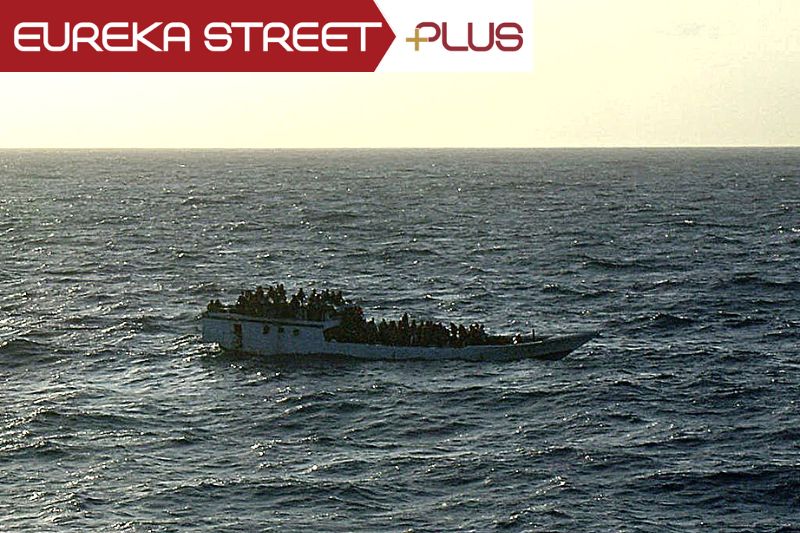
AUSTRALIA
- Kerry Murphy
- 04 January 2024
Throughout recent decades of Australian history, the stance every government has taken on asylum seekers has reflected the shifting political landscapes and challenging humanitarian issues that have continually shaped Australia's response to those seeking refuge.
READ MORE 
-
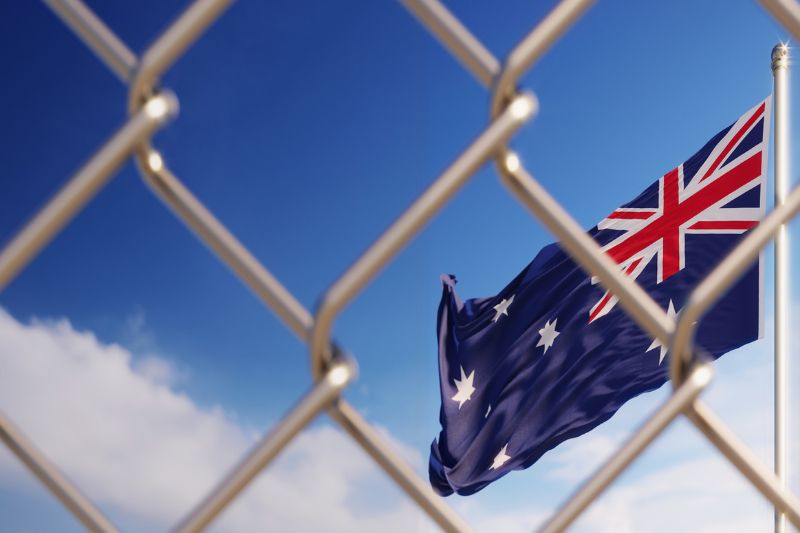
AUSTRALIA
- Kerry Murphy
- 08 December 2023
4 Comments
On 8 November, the High Court ordered a stateless Rohingya refugee known only as NZYQ to be released from detention. He could not be granted a visa because he was found gulity of sexually assaulting a minor, and he could not be sent anywhere because he is stateless. Until 8 November, he was stuck in indefinite mandatory detention.
READ MORE
-

INTERNATIONAL
- Juliette Hughes
- 22 November 2023
1 Comment
Sixty years ago today, on November 22, 1963, the world lost three towering figures of the 20th century. On their diamond jubilee, do I think it was the end of the world as we know it when these three died? Each one shaped the twentieth century in a unique way. Each one left us with much to think about still.
READ MORE 
-
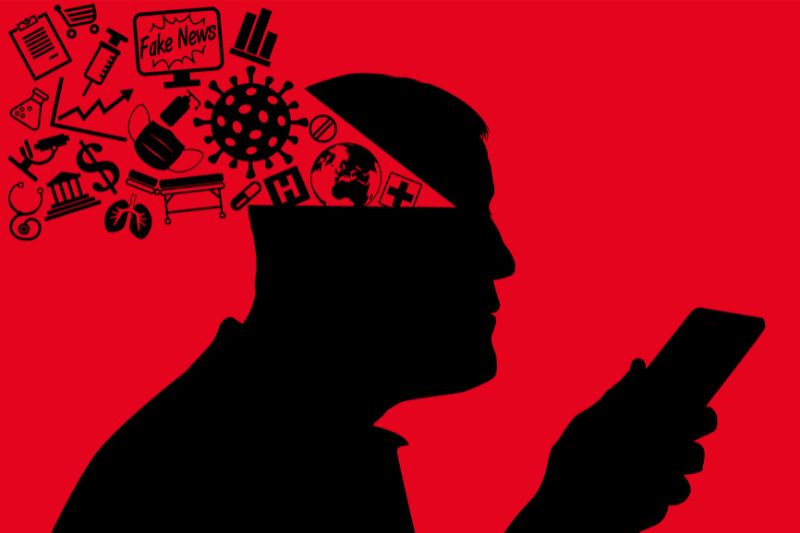
AUSTRALIA
- Frank Brennan
- 09 November 2023
4 Comments
As the government drafts legislation to stem the rising tide of misinformation circulating online, the nation debates: will these measures sufficiently regulate online content and curb potential harms or threaten freedom of expression? This moment is a critical test for the integrity of Australia's public discourse.
READ MORE
-
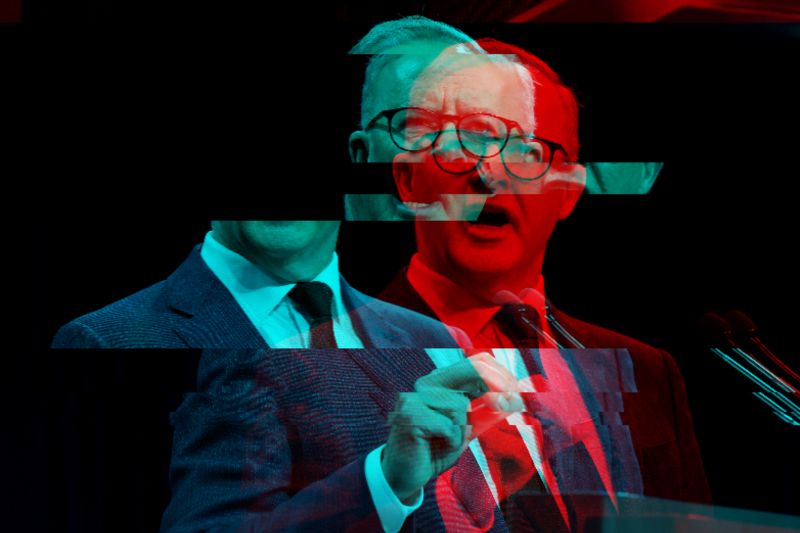
AUSTRALIA
- Julian Butler
- 02 November 2023
1 Comment
The proposed Misinformation Bill straddles the delicate balance between freedom of speech and the rising threat of misinformation, posing a challenge that could redefine the landscape of media and public conversation. The problem goes beyond discerning the truth, but determining how a democratic society identifies it amid a sea of conflicting voices.
READ MORE
-
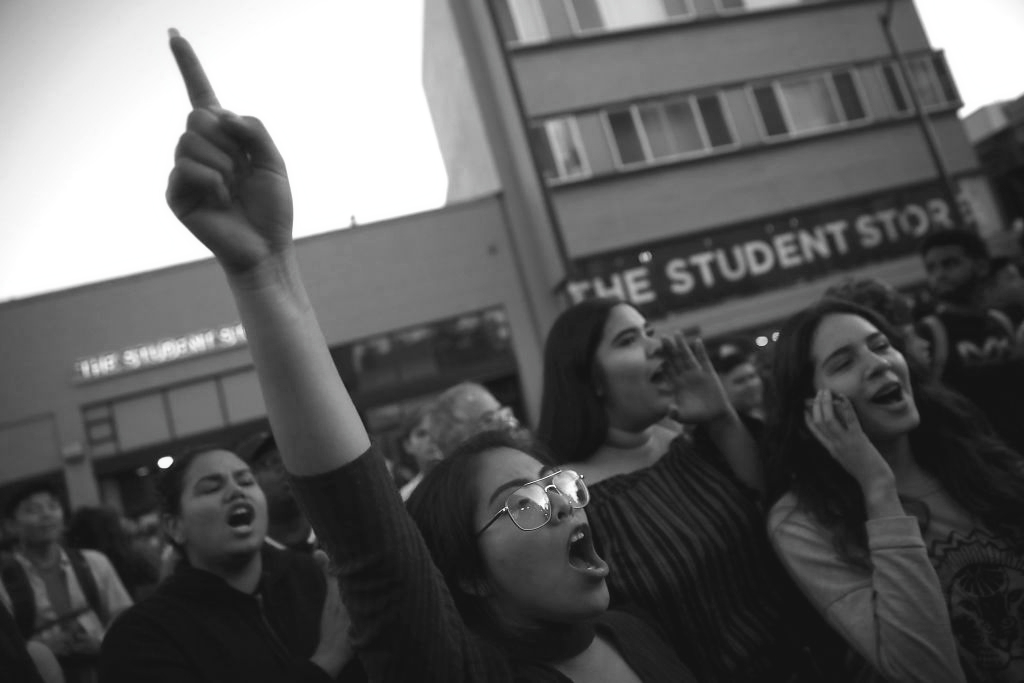
INTERNATIONAL
- Kenneth S Stern
- 25 October 2023
The university campus is really the ideal place to tackle thorny issues. It is a safe place to examine all ideas, even — or perhaps especially — those that people find offensive or disturbing. The sad fact, though, is that there is a push these days to send the opposite message to students — that they should be shielded from intellectual discomfort. (From 2022)
READ MORE
-
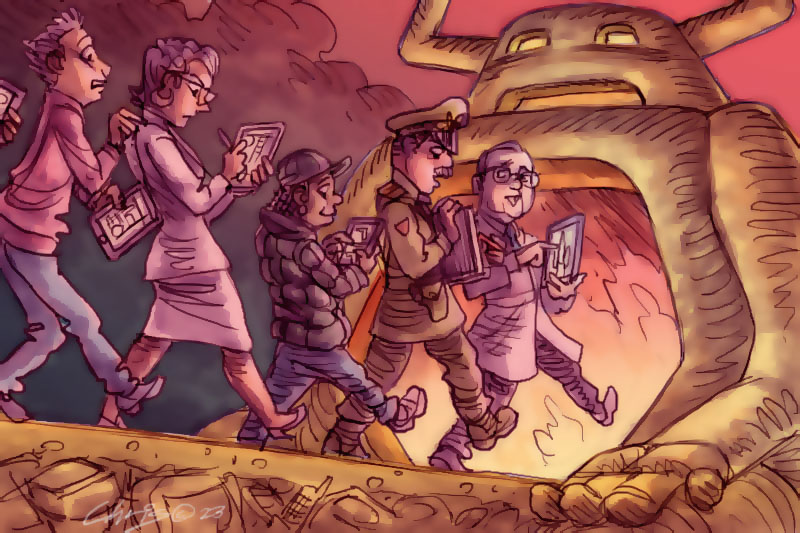
ECONOMICS
- Daniel Simons
- 14 September 2023
In a world increasingly governed by algorithms and AI, the ancient deity Moloch emerges as a haunting metaphor for our tech-driven sacrifices. Drawing parallels from historic rituals to present-day digital dynamics, ancient fears offer insight into today's most pressing existential challenges.
READ MORE
-
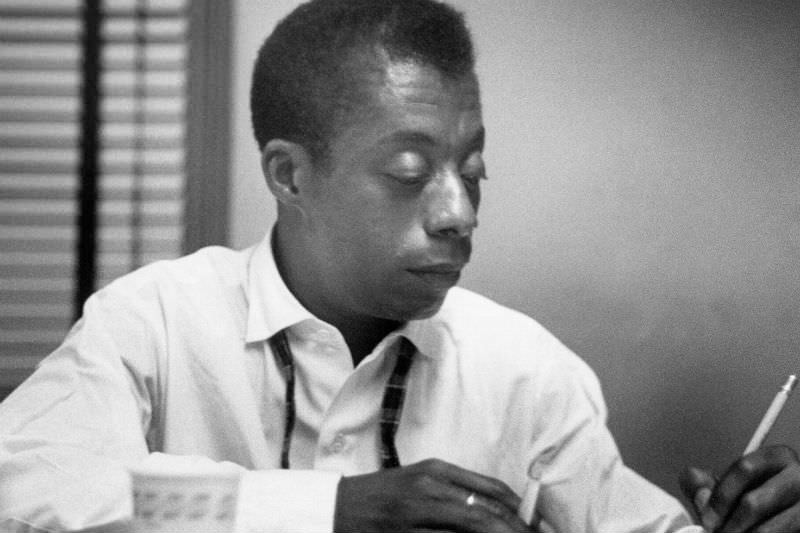
ARTS AND CULTURE
- Mark Tredinnick
- 31 August 2023
3 Comments
Amid shifting perceptions and the fluidity of names, our understanding of self dances on the edge of subjectivity. Traversing the landscape of literature, we're invited to confront our own reflections, to ask what truly defines us in a world that is ever-evolving, and to look beyond the obvious and into the heart of our shared human experience.
READ MORE
-
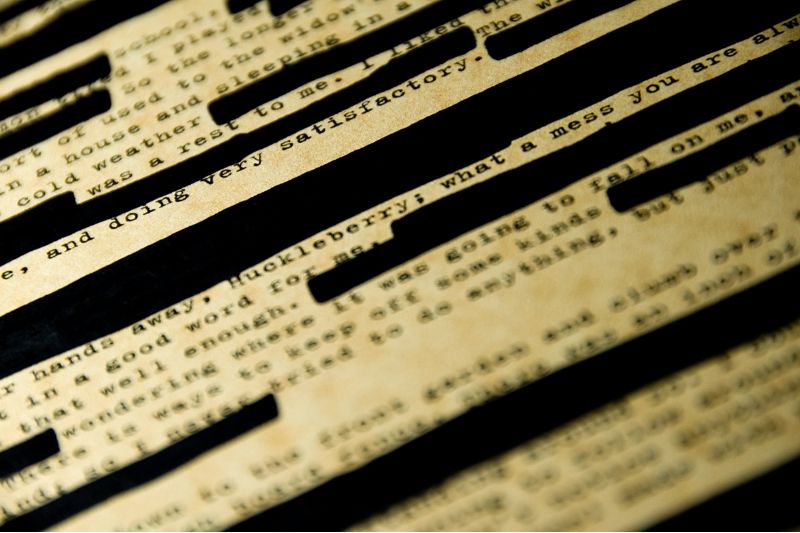
ARTS AND CULTURE
- Sarah Klenbort
- 01 August 2023
5 Comments
When a comedic story is withdrawn from a literary contest for referencing Putin, it bears reflecting on various shades of censorship. In an interconnected world where social media storms can shape the narrative, what does freedom of speech mean for writers today?
READ MORE
-

AUSTRALIA
- Kerry Murphy
- 28 July 2023
How has Australia's asylum seeker policy changed over the past thirty years? The approach of every government has reflected the shifting political landscapes and challenging humanitarian issues that have continually shaped Australia's response to those seeking refuge.
READ MORE 
-
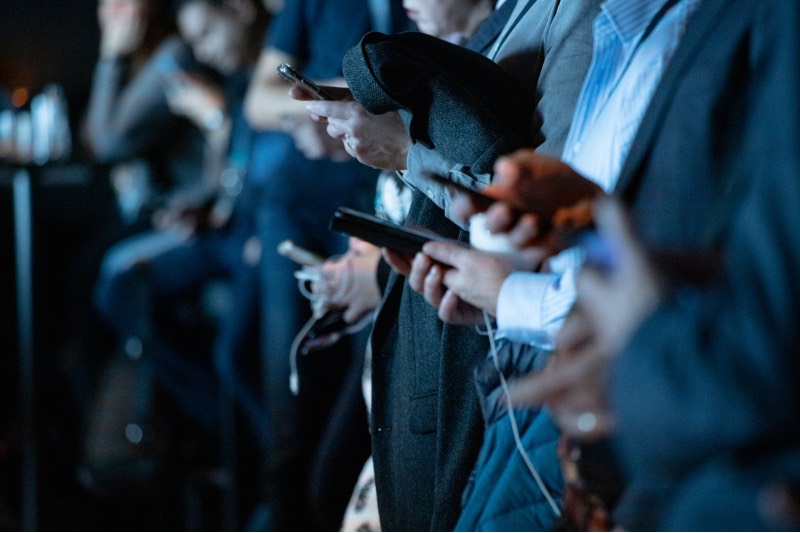
AUSTRALIA
- Denis Muller
- 26 July 2023
1 Comment
The landscape has changed, and there is no going back. Individual journalists are now integrated into the ranks of pundits, urgers and persuaders who abound online. At their employers’ behest, they blog, they podcast, they ‘engage’ as the current jargon has it, with those who post comments to their articles online. (From 2021)
READ MORE
-
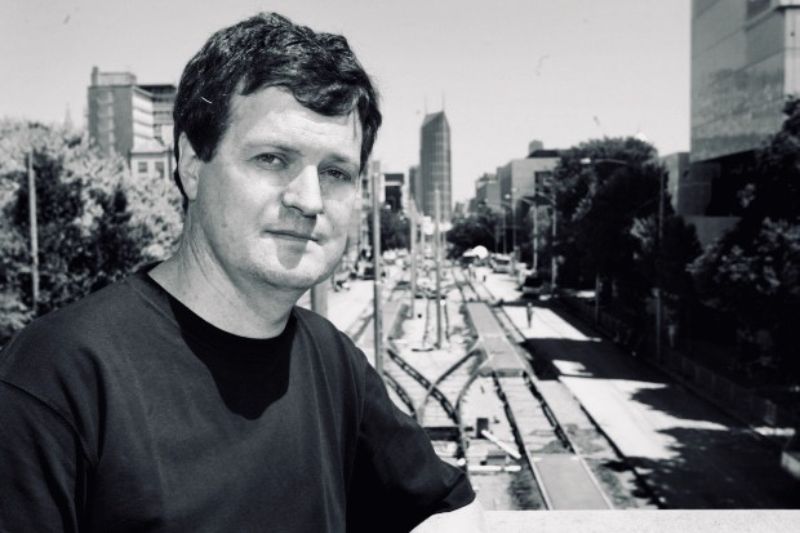
AUSTRALIA
- Erica Cervini
- 29 June 2023
Ten years after his passing, the work of renowned academic and transportation activist Paul Mees continues to reverberate through our public transport systems and urban spaces. Unafraid to challenge the status quo, his advocacy for public transport and sustainable urban living continues to influence debates and policy.
READ MORE